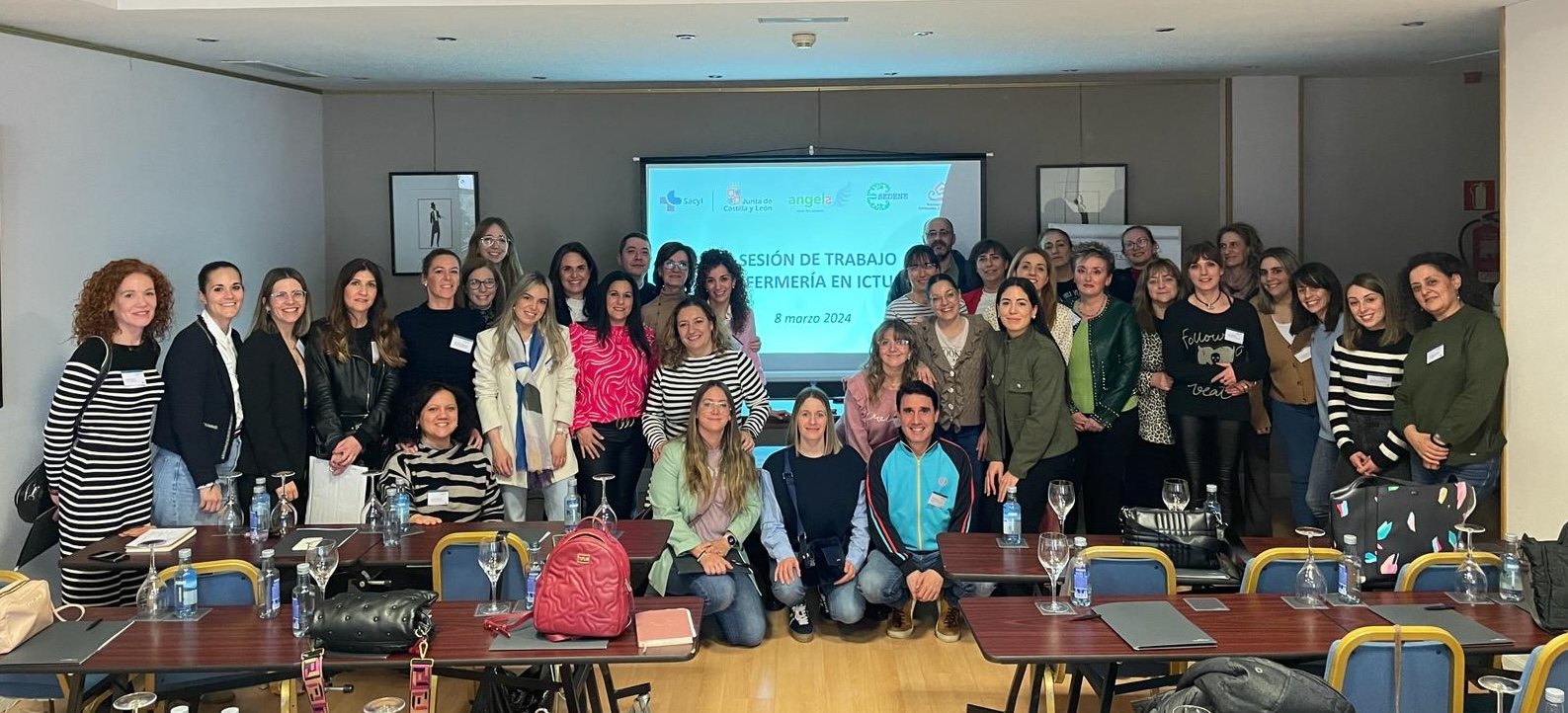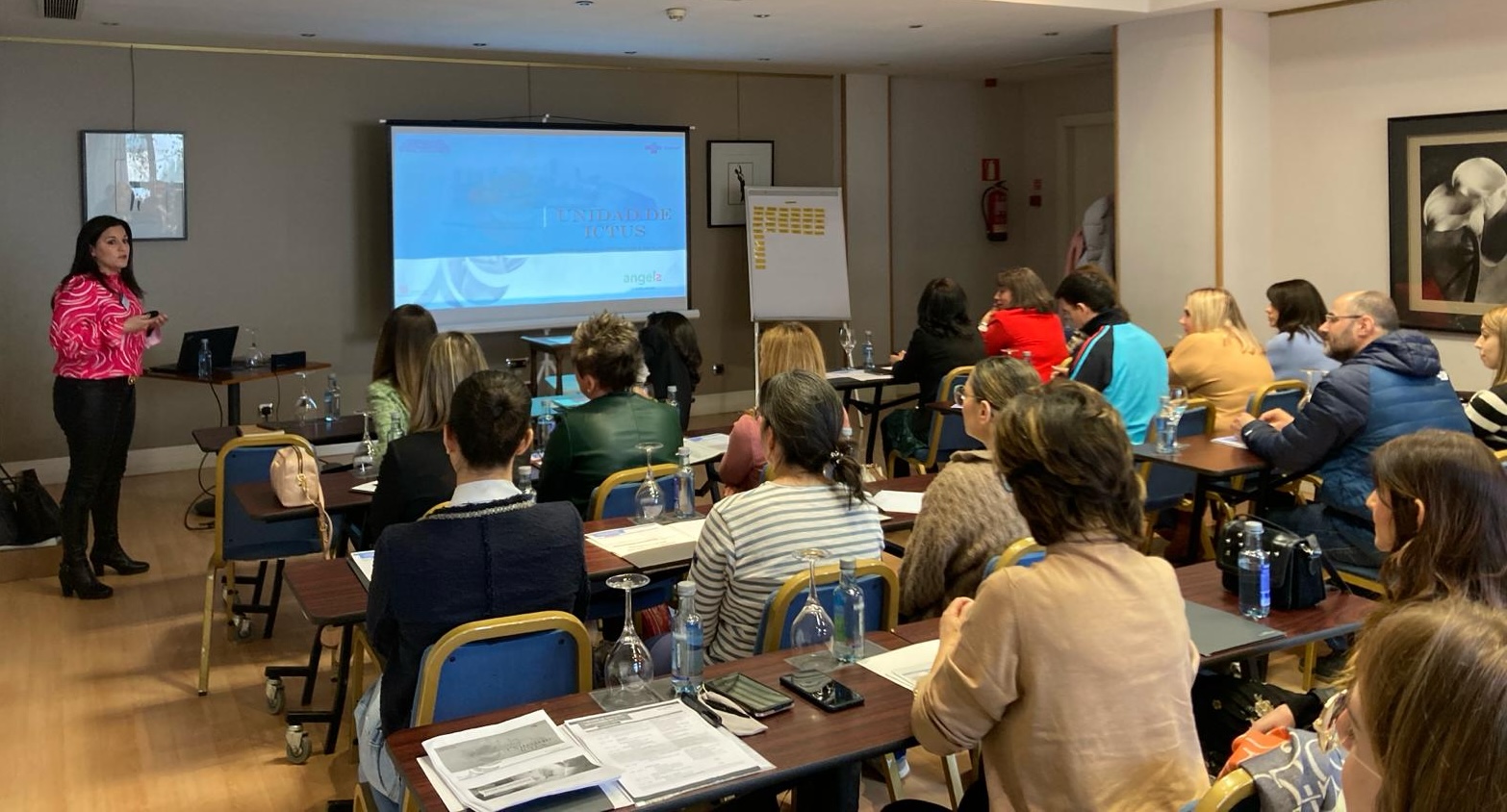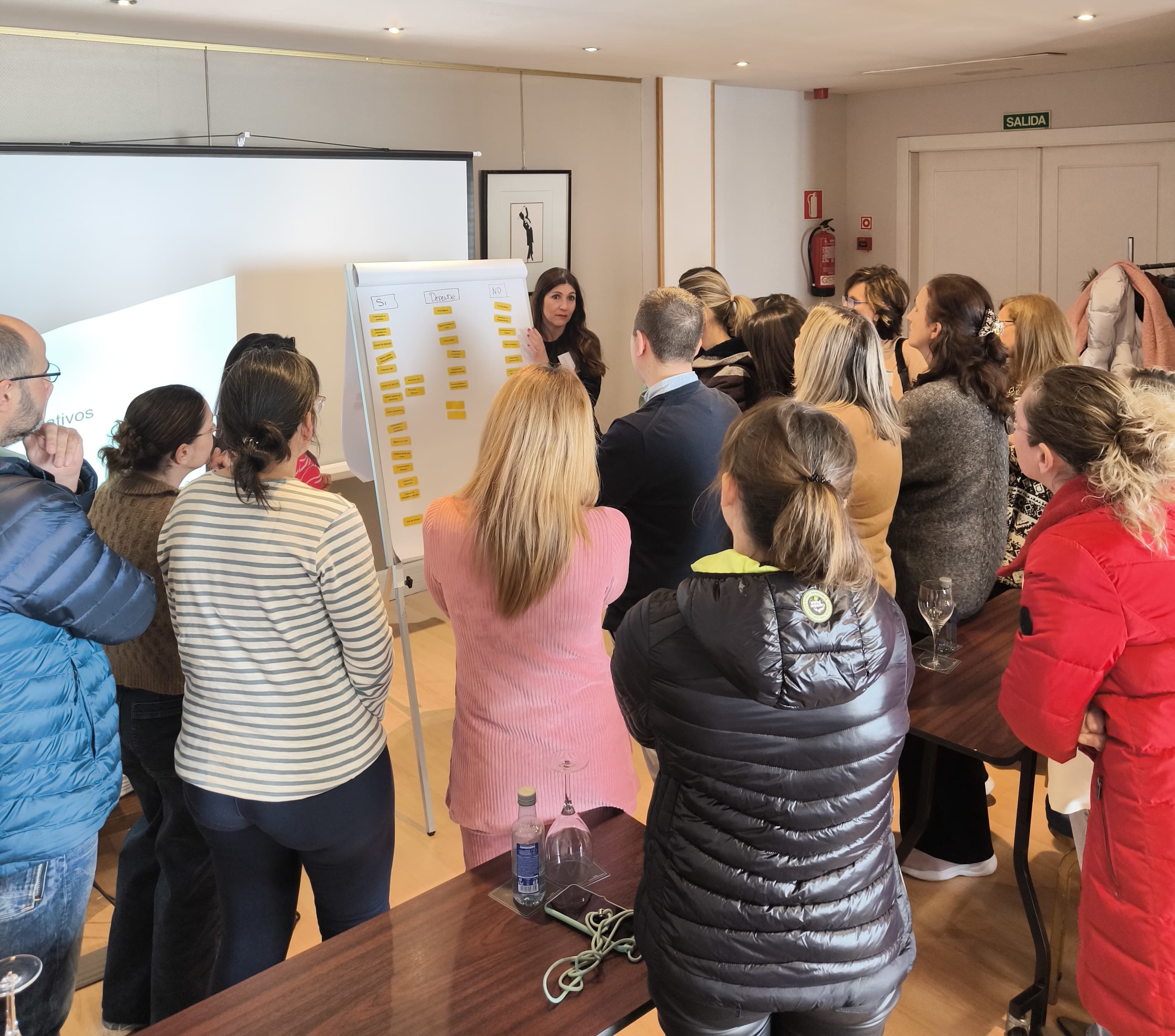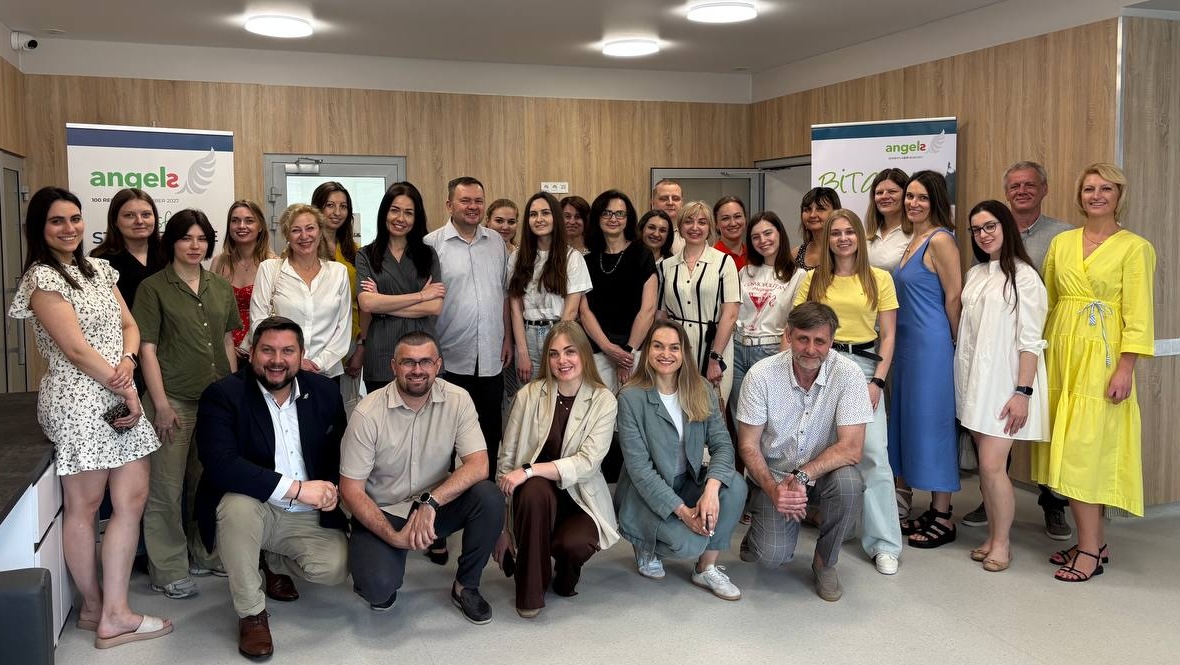
A Castilla y León két ősi királyságot és évszázados történelmet ötvözve alkotja Spanyolország 17 autonóm közösségének legnagyobbikát. A kilenc tartomány összege nagyobb, mint Magyarország és a szomszédos Portugália, de a 2,4 millió lakosa Spanyolország közel harmadában vékonyan elosztott, a lakosság kevesebb mint 6 százalékát teszi ki.
A vörösborok szerelmesei szerte a világon Zamora tartományban termesztett híres Toro borai miatt ismerik a régiót – olyan erős vörösek, hogy amikor Columbus nyugatra vitorlázott, hogy egy átjárót keres Indiába, három hajójának egyike félig tele volt Tinta de Toro-val, amellyel lemoshatja a szárított tőkehalat és a kemény vitorlákat.
A helyiek szerint „kilenc hónap tél és három hónap pokoli” a Castilla y León lakói hosszú életűek, és könnyen meghaladhatják a stroke medián tünetek jelentkezése jó pár évvel. De az alacsony stroke tudatosság veszélybe sodorja őket. A helyi kórházakban, amelyekből sok van, évente körülbelül 4500 stroke-os beteg lesz. Közülük körülbelül 44 százalék saját gőzzel érkezik, mivel nem ismeri fel a stroke jeleit vagy a mentő felhívásának fontosságát.
A Castilla y León négy átfogó központtal rendelkezik, amelyek közül három a régió egyetlen olyan kórháza, amely eddig megfelelt az ESO Angels-díj követelményeinek. Ahhoz, hogy a régió elnyerje az Angels-régió státuszát, Esther Redondo tanácsadó nyolc további kórházat kell aranyra váltania, segítenie kell a sürgősségi abban, hogy elérjék a minimális aranyat az Mentőszolgálat Angels-díjon, és legalább 2000 általános iskolás gyermeket be kell vonnia a FAST Heroes stroke-tudatossági programba. Csak ekkor tekinthető a stroke biztonságos régiójának.
„Remélhetőleg jövő év végére” – mondja Esther, felismerve, hogy egy ilyen méretű elefántot egyszerre csak egy harapásra szabad megenni.
De (amint Mark Twain mondta) az előrelépés titka a kezdés. Esther március 8-án elindította regionális stratégiáját, amikor nővérek gyűltek össze Valladolidban, a régió nem hivatalos fővárosában. A cél a akut stroke ellátás javítása volt, nemcsak a legjobb gyakorlatra és az adatvezérelt fejlődésre összpontosító napirenddel, hanem egy fórum létrehozásával a tapasztalatok és ötletek cseréjéhez.
Ha a részvétel egyenlő az elkötelezettséggel, a Sztrókápoló Munkamenet a Recoletos szállodában ígéretes kezdetnek bizonyult. Két nővért hívtak meg a Burgos-i Hospital de Burgosból, a Santos Reyes kórházból és a Burgos-i Santiago Apóstol kórházból, a Zamora-i Hospital de Benavente-ből és a Virgen de la Concha kórházból, a Léon-i Hospital de León-ból és a Soria-i Hospital Soria-ból, a Palenciá-i Río Carrión kórházból, valamint a Valladolid-i Hospital de Medina del Campo és Hospital de Salamanca kórházból. Ezek a dedikált stroke-egységekkel felszerelt kórházak voltak, vagy olyan kórházak, amelyek neurológiai betegeket vettek fel annak ellenére, hogy nem rendelkeznek kijelölt stroke osztály – magyarázza Esther.
A halálozási arány négyszer alacsonyabb azoknál a stroke-ban szenvedő betegeknél, akik stroke osztály részesülnek, mondja Esther, idézve a stroke-ra vonatkozó szervezett fekvőbeteg-ellátás 2020-as tanulmányát. Az arany fokozatba jutás nem csak a stroke hiperakut fázis a kezelés idők csökkentését jelenti, hanem a posztakut ellátás színvonalának emelését is. „Az ápolók szerepe nagyon fontos ebben – mondja.
A március 8-i workshopon senki sem utasította el a meghívást, és mindenki megjelent, néhányan 250 km-t meghaladó utazás után. Jelen volt még Laura Fernández Concellón, egy korábbi sürgősségi orvos, aki 2023-ban a Castilla y León regionális egészségügyi menedzsere lett.
A politikai döntéshozók bevonása elengedhetetlen a regionális átalakuláshoz és az egészségügy rendszerek pozitív változásának előmozdításához, mondja Esther. Dr. Concellón nem csupán lelkes résztvevője volt a workshopnak, hanem kérte az esemény megnyitását is, hogy bizonyítsa a stroke gondozás javítása iránti politikai elkötelezettségét.
Esther szerint: „Ugyanaz a célunk – a stroke-hálózatok lehető legnagyobb mértékű optimalizálása.”

Az esemény egyik kiemelt témája az volt, hogy Jesús María Canal a Salamancai Egyetemi Kórház minőségellenőrzését a gyakorlatba integrálták, amely a stroke beteg átfogó ellenőrzéséről vált ismertté.
Csatorna prezentációja a meglátások alapján végzett adatelemzéssel mutatta be az ápolási gyakorlatok fejlődését, valamint azt, hogy miként használták a numerikus adatokat a fejlesztendő területek meghatározására.
Esther a következőket mondja: „Bemutatója mélyen rezonált minden résztvevővel, mivel kiemelte a minőségellenőrzés kritikus szerepét a beteg kimenetelének alakításában.Megerősítette az egészségügy szakembereknek a minőségellenőrzés aktív felkarolásának szükségességét, és rávilágított, hogy a numerikus betekintések felhasználása hogyan vezethet kézzelfogható javuláshoz a beteg, végső soron javítva a stroke-ban szenvedő betegek eredményeit és tapasztalatait.
Ami még jelentőségteljesebbé tette, az az volt, hogy a Salamancai Egyetemi Kórház minőségmonitorozásának sztori egyedi kezdettel kezdődött.
2023 júniusában a Csatorna úr és a herkollégaPaula Isabel Galache részt vett egy Angels Nap, ahol egy másik régió ápoló elmagyarázta, hogy miért és hogyan befolyásolta a teljesítmény mérése a stroke gondozás. Lenyűgözték őket, és amikor Esther arra biztatta őket, hogy saját kórházukban valósítsák meg, nagyon szerették volna kipróbálni.
„Tudtam, hogy megvan benne a lehetőség” – mondja Esther. „Elkötelezett, motivált csapat, és sok stroke-os beteget kapnak.”
A minőségellenőrzés azóta a salamancai Egyetemi Kórház napi ápolás részévé vált, és a következő Nemzeti Neurológiai Ápoló Kongresszuson egy papír tárgya lesz. Nem véletlen, hogy ez a kórház tavaly június óta két egymást követő arany díjat nyert.

A minőségellenőrzés az Esther által remélt változások központi eleme az eseményen bemutatott kórházakban. „Elvárom tőlük, hogy megváltoztassák a munkavégzésüket” – mondja. „Elvárom tőlük, hogy rendszeres adatgyűjtési és elemzési protokollokat vezessenek be a beteg kimenetelét meghatározó kulcsfontosságú mérőszámok monitorozására.
„Szeretném, ha az adatok, nem pedig az érzések vagy vélemények alapján vezetnének be minőségjavítási változásokat – és végül szeretném látni a folyamatos tanulás és a szakmai fejlődés kultúráját, amely javítja a munkakapcsolatot a stroke gondozásgondozási lánc többi tagjával.
Ezt túl gyakran figyelmen kívül hagyják, de az adatgyűjtés elősegíti azt az érzést, hogy egy megállíthatatlan csapat tagja lehetünk.”
Stratégiája az esemény által generált lendület fenntartására a motivációra összpontosít. „Ez az, ahol minden elkezdődik” – mondja. „Miután valaki szeretné követni az Ön által adott tanácsokat, Ön bizalmat épít, és könnyebbé válik az együttműködés.”
A következő randija egy kórházzal lesz, ahol gratulálni fog a RES-Q-ban elért eredményeikhez, és kitölt egy felmérést arról, hogy mit és hogyan kell javítaniuk. Azt mondja, az a lényeg, hogy tudatosítsa és ellenőrizze az útvonalat, valamint megmutassa nekik, hogyan használják fel az adataikat.
Még nagyobb dátum október 4., péntek, amikor a következő Stroke Ápolási Munkamenetre kerül sor. Dr. Concellón már jelezte, hogy részt fog venni – az Angels-szel való együttműködés iránti lelkesedése olyan dolog, amelyet Esther reméli, hogy további erőforrásokká és magas szintű támogatássá alakít át a változások megvalósítása érdekében.
Esther szerint az első esemény pozitív hatása többféleképpen is megvalósulhat. Ezek közé tartozhat az új gyakorlatok bevezetése és a meglévők fejlesztése; a tudatosság és az elkötelezettség növelése, valamint az intézmények közötti együttműködés az esemény során létrehozott hálózatoknak köszönhetően.
„A legjobb kimenetel az lenne, ha tanúja lennénk a stroke-os stroke beteg gyakorolt valódi hatásnak a régióban, jelentős javulással az ellátás minősége és a betegek pozitív kimenetele terén, amely idővel fenntartható.”



